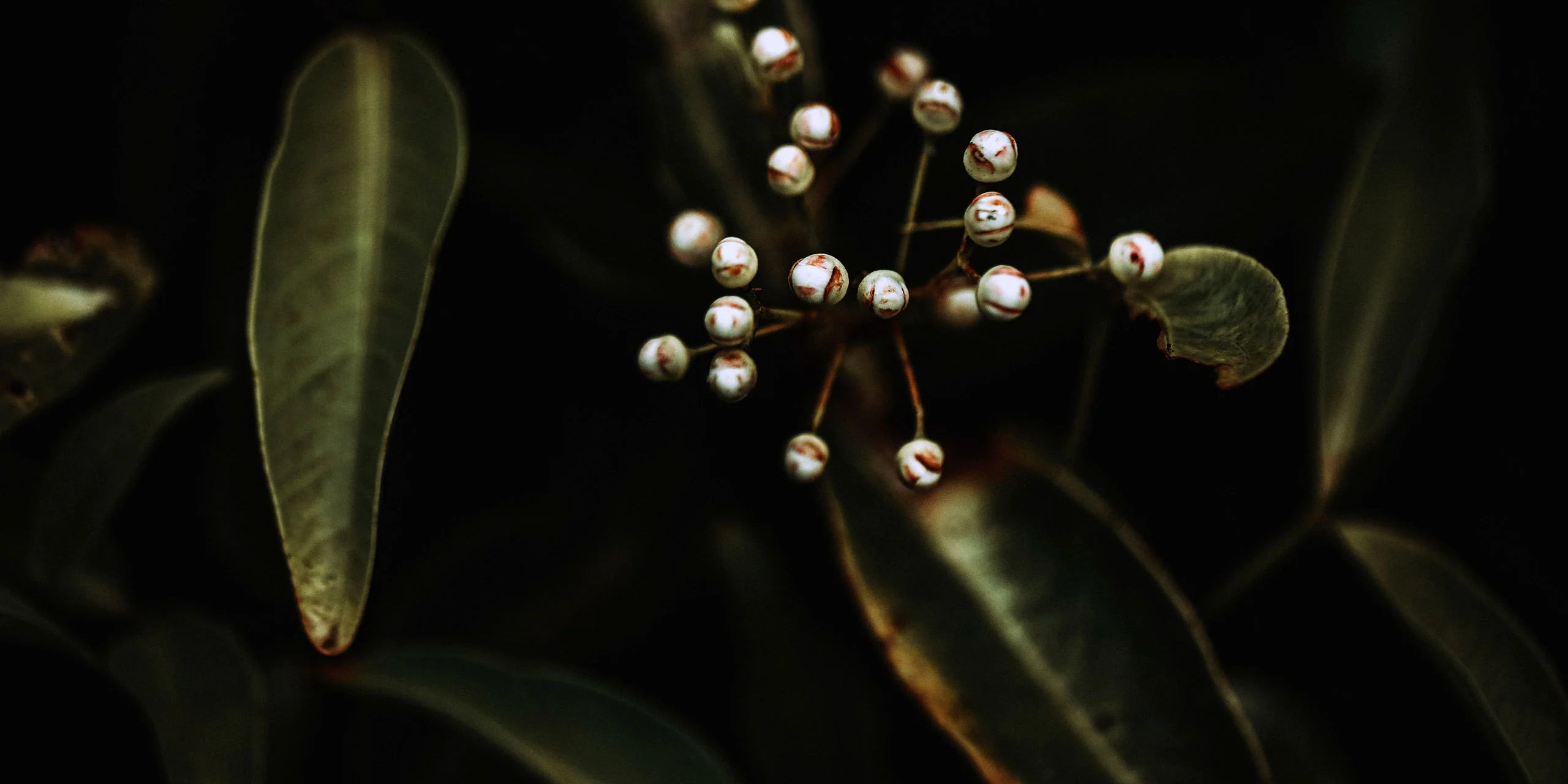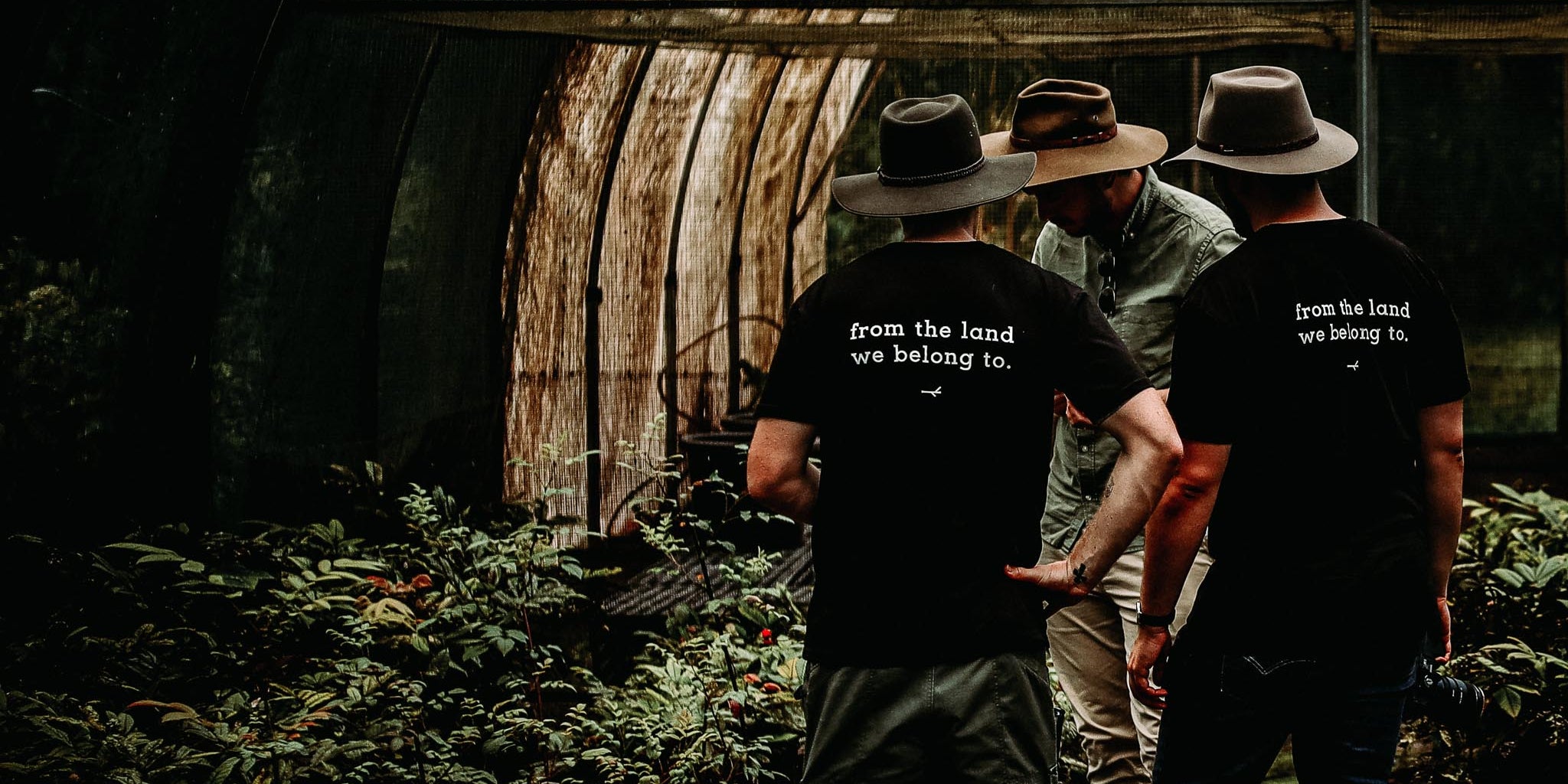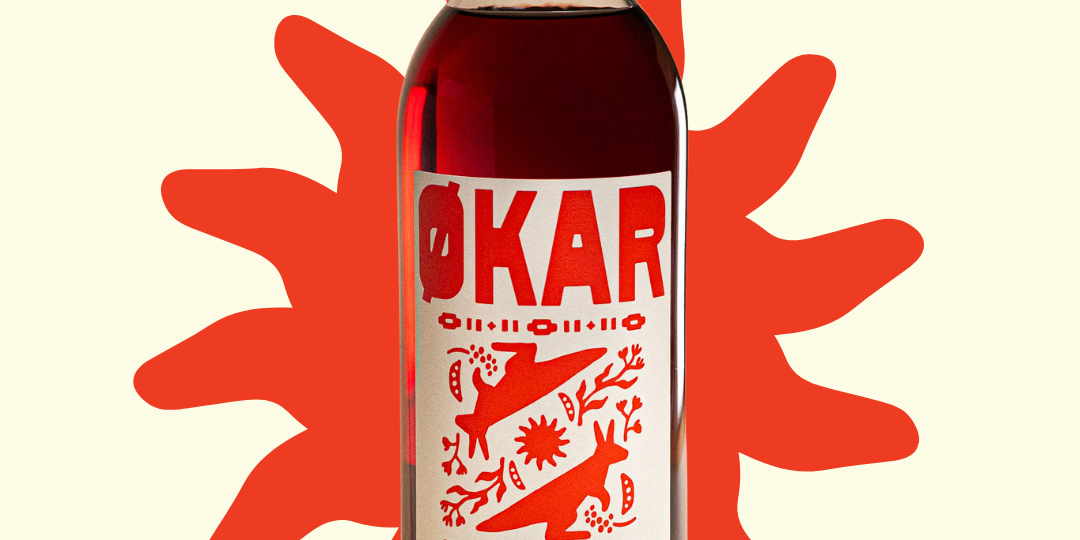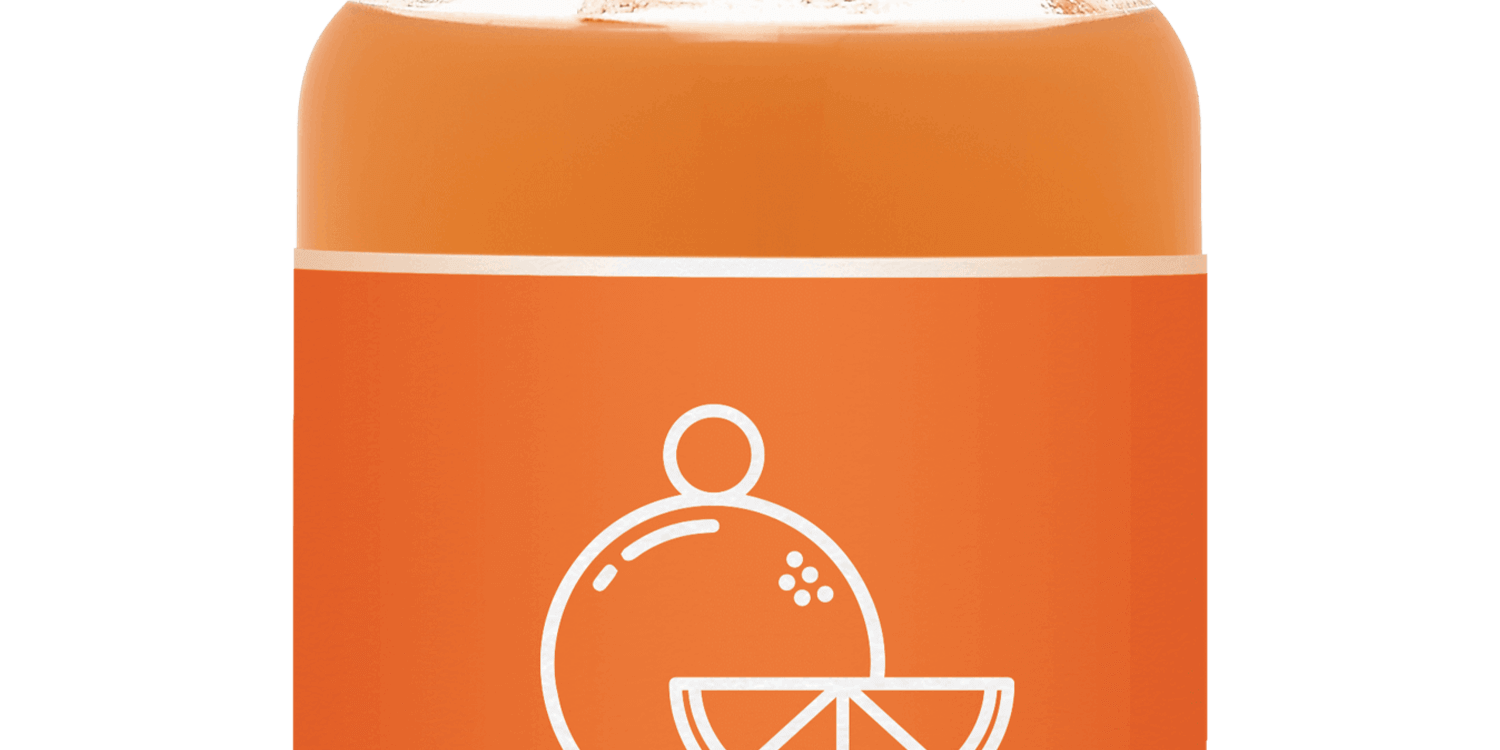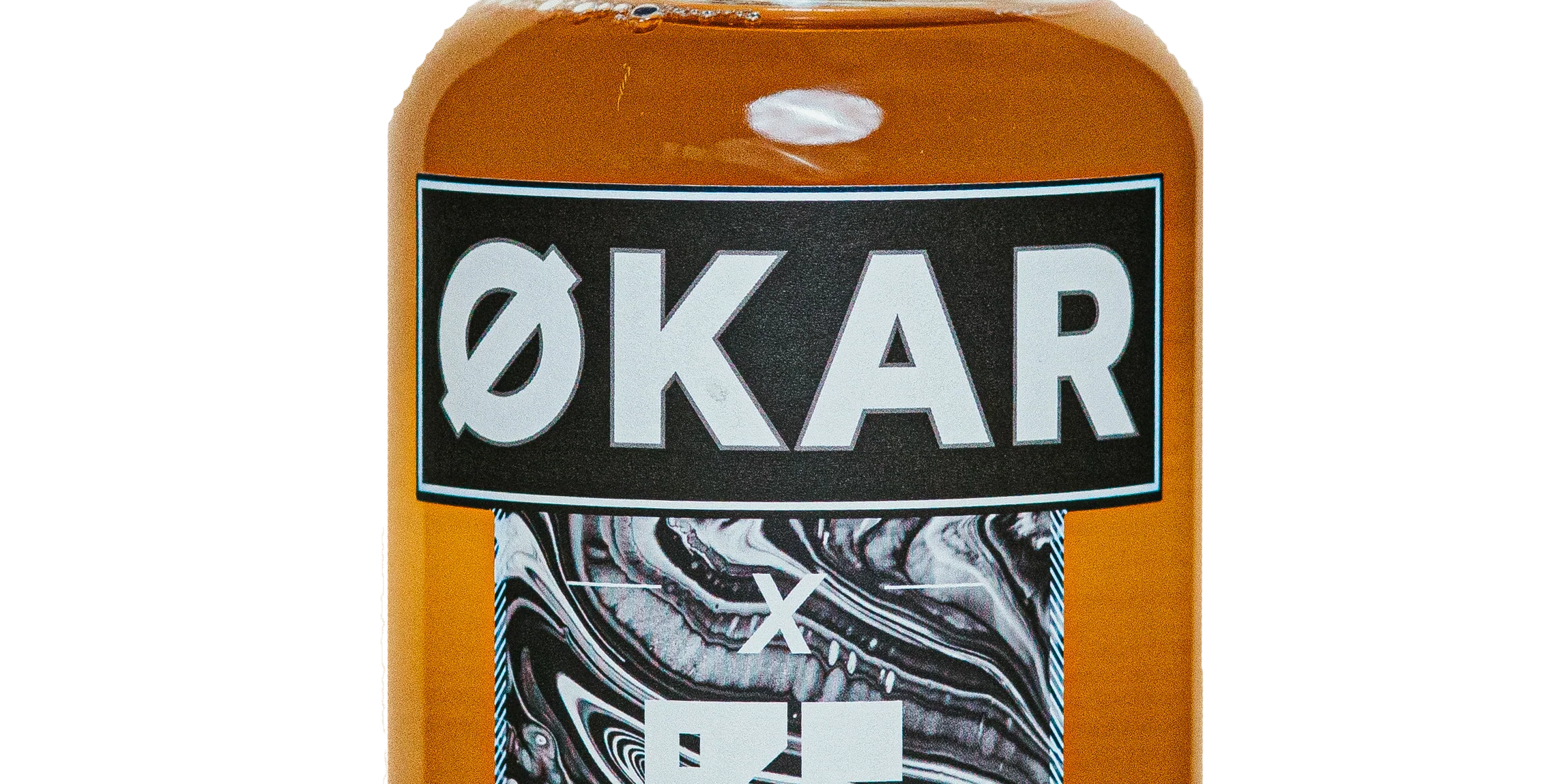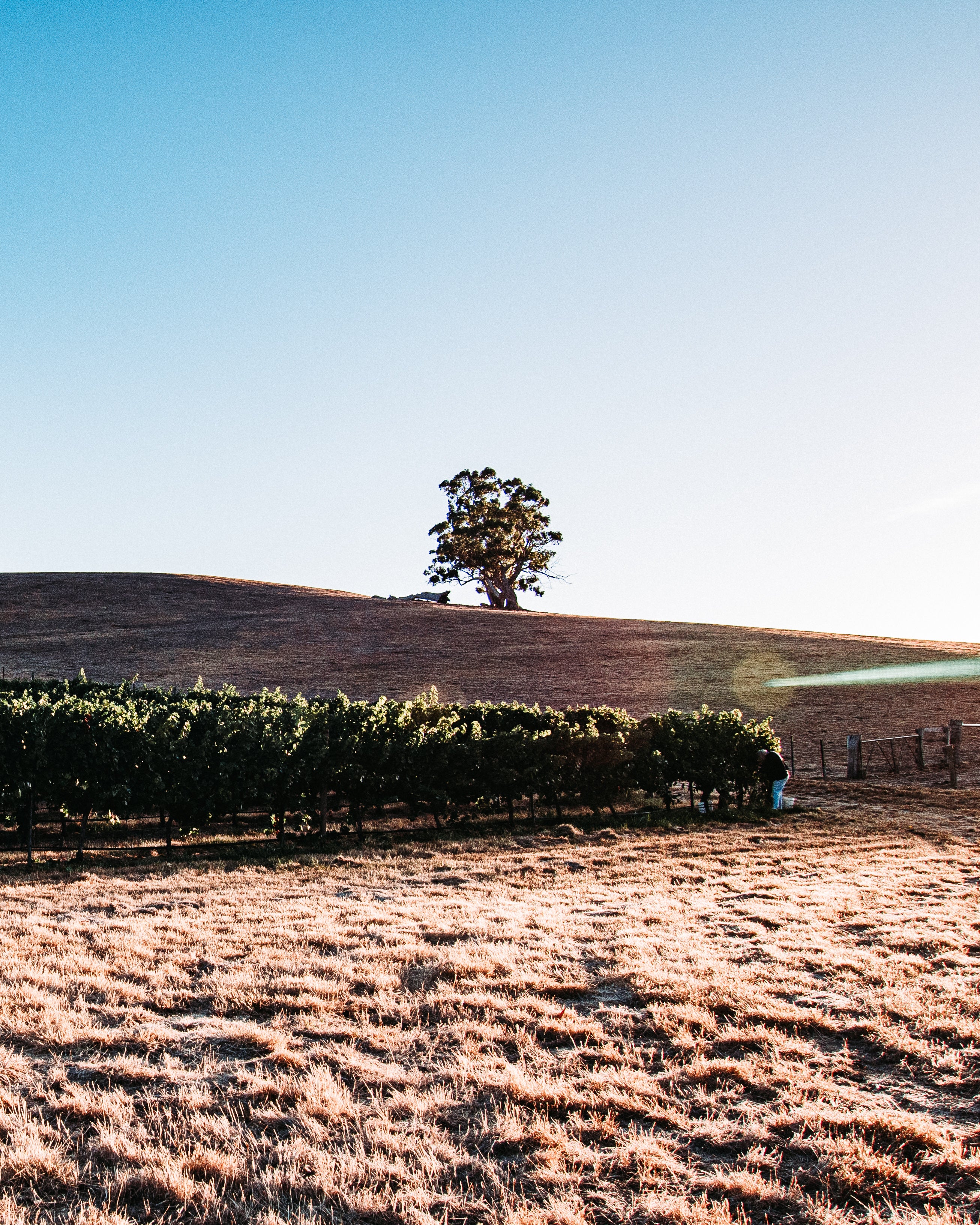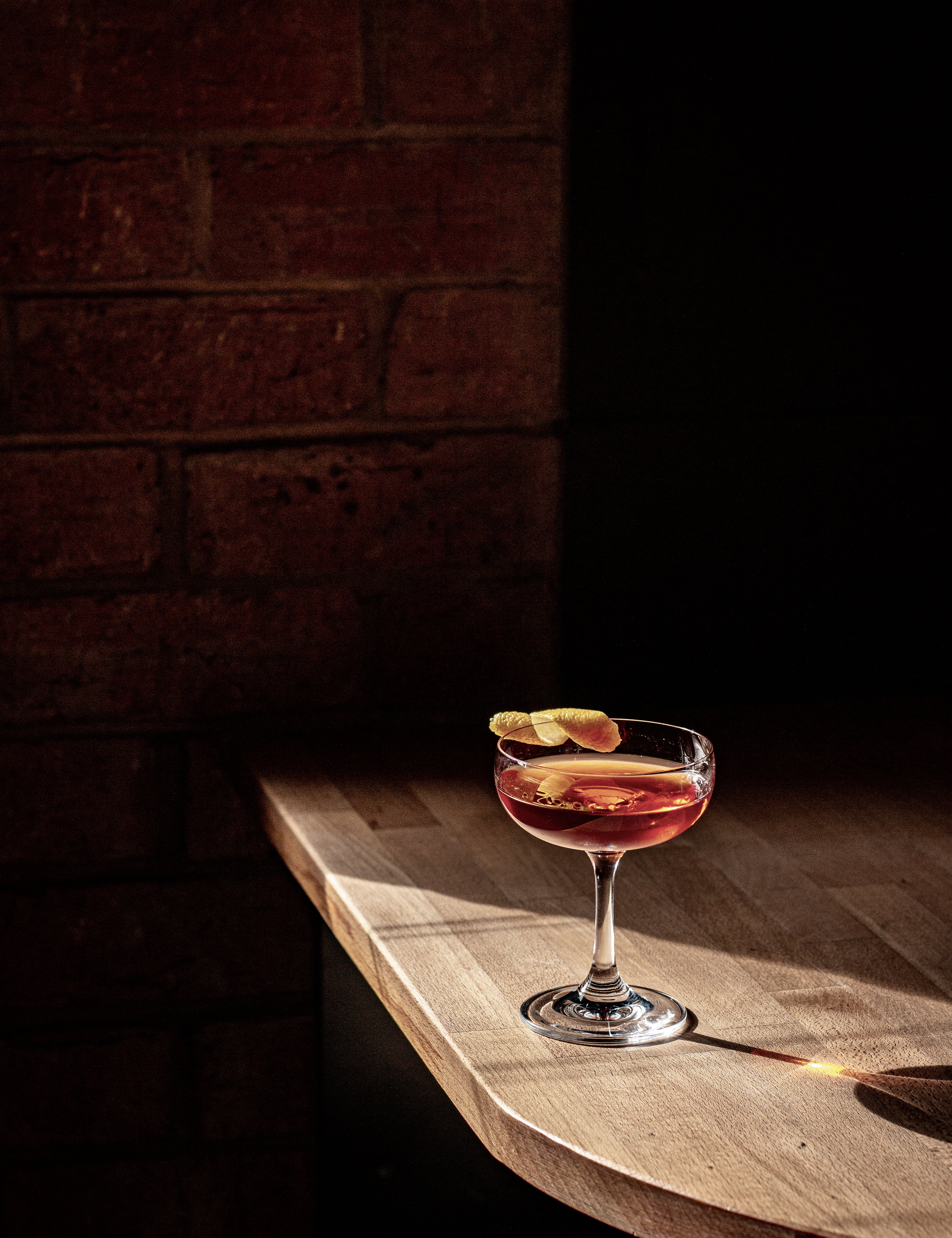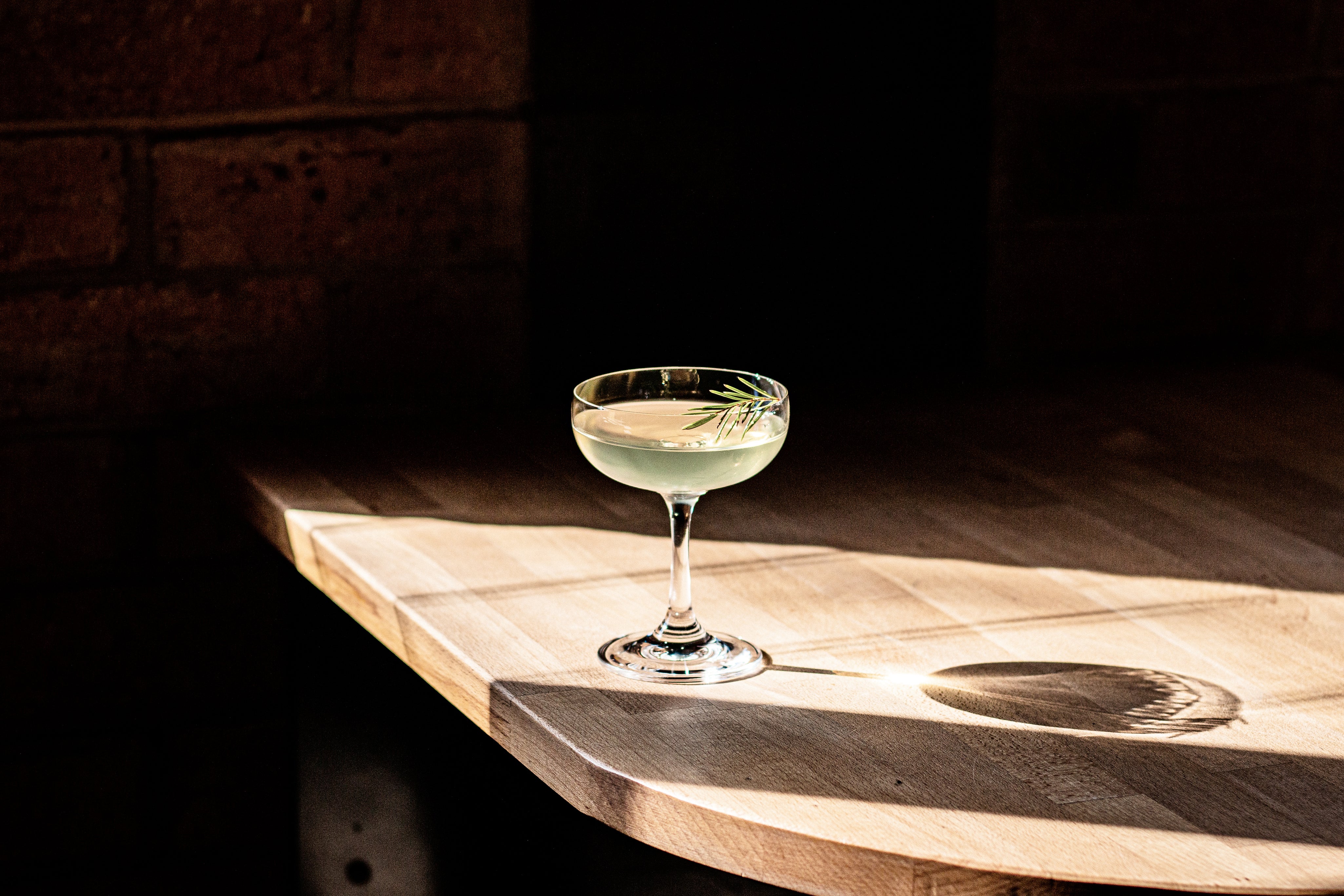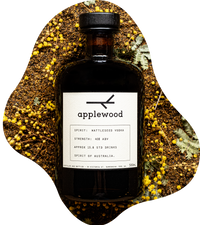Australia's relationship and history with alcohol is a long and sorted one, one that is intrinsic the to the colonisation of our country. After the arrival of the first fleet and Australia becoming Great Britain's convict colony, it was not only the convicts that were brought to Australia, it was the drinking habits that had formed in Britain after events like the Gin Craze had had major impacts on communities and families. This only compounded that in the early colonisation of Australia, coins were hard to come by, and in the early 1800's there was a change in the common currency: it became Rum.
As the New South Wales Corps established the military and colonist establishments, they had complete control over the operation of the colonies in regards to land and distribution of the crops farmed. In the late 1700's, Governor Arthur Phillips initial set-up of 'equal rations' for both convicts and the Corps was over thrown by Captain Joseph Foveaux, and following a poor crop harvest in 1793, the Officers of the Corps were then granted more rations from the crops than the convicts. Collective farming, where all farmers work as a co-operative, was dismantled and land was granted to Officers of the Corps in generous quantities, but beyond that, they also were granted the use of the convicts for labour. Although they were to be paid, the lack of coins in Australia led to Rum being their currency of choice, which then spread through out the colony. Rum had become a total phenomena.

Stills were being imported and rum was being produced from local harvested grains, which only exacerbated the lack of rations, and the convicts were not using the rum as currency as it was intended - obviously, it was being drunk. There were many attempts to thwart the use of Rum as currency, whether it be guard the imports and stop Officers of the Corps being able to purchase it - the Corps even began rogue imports from India through charted Dutch Trading Ships. Over years, attempts to reduce rum trade by means of excise taxes and restrictions of convict labour led to a rise in tensions between the Government and the New South Wales Corps, eventually leading to the inevitable, so called, Rum Rebellion. While historians argue that Rum was not the leading cause, it definitely was intrinsic to the only successful military coup in Australian history. Rum was here to stay.
From then on alcohol became an intrinsic part of the culture in the colonies, being believed that more alcohol was consumed in Australia through the 1800s per capita than any time in human history, leading to novelist Marcus Clarke stating:
"They are not a nation of snobs like the English or of extravagant boasters like the Americans or of reckless profligates like the French, they are simply a nation of drunkards."
Over the years, consumption started to level out and we became known as "alcohol connoisseurs", known more for enjoying the taste of our drink and the social factors, rather than the effect of the drug itself.

We're social drinkers and it's considered poor form to drink alone, leading to Author Finch Hatton documenting:
"...when a man feels inclined to drink, he immediately looks out for someone to drink with... This is a custom that pervades every class in the colony, and cannot be departed from without something more than a breach of good manners"
We've created cultural slang and customs around alcohol, like "shouting" where one member will shout a beverage for the entire drinking group, in the assumption that another member of the drinking group will "shout" the first members, and the concurrent rest of the group, the next beverage until the group has all paid for one round - and let the group member be cursed if they proclaim they'll "get you back next time"
Interestingly, the nature of shouting has moved Australians away from drinking hard and straight spirits, which is a cultural norm across the world from Eastern Asia to South America. Instead, Australians over the years have switched more towards beer and wine into the 20th century and into the 21st, where new categories of Gin and RTD's began to emerge, bringing an immense rise of distilleries inside Australia - which is where we fit in!

For the most part, Australians' relationship to alcohol is a positive one, viewed as a way to connect and bond with their fellow man or woman, a way to celebrate or commiserate. Whether it be wine from a cask (another Australian Invention!) or a cold one, craft or otherwise, it's a way we come together and share ideas in conviviality. It's intrinsically part of the lifestyle and culture we enjoy in Australia
